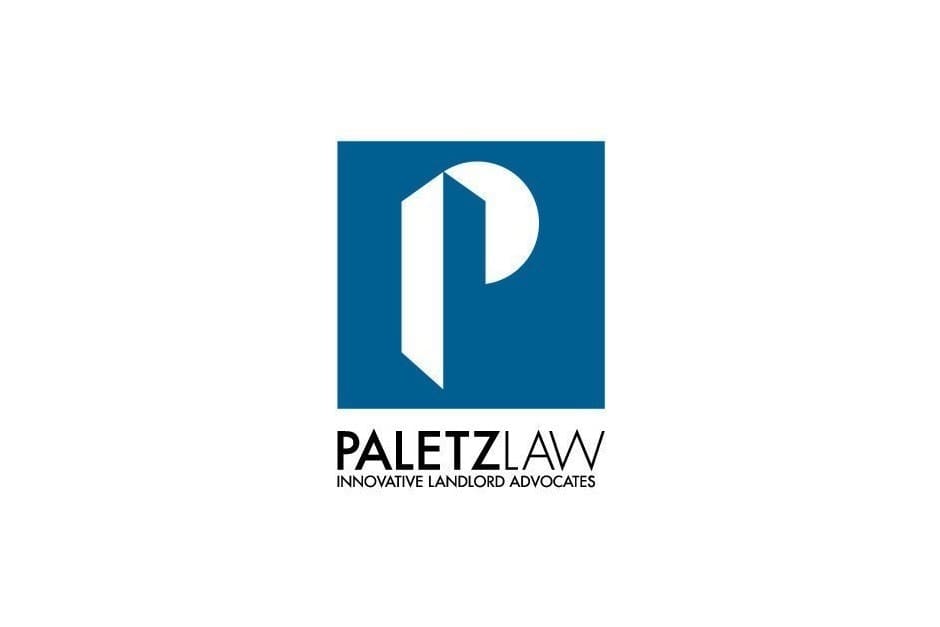
DETROIT–(BUSINESS WIRE)–President Biden’s announcement that the Centers for Disease Control and Prevention has issued another tenant eviction moratorium through October 3, not only has landlords reeling again, but will affect the long-term status of renters as well, according to landlord advocate firm, Paletz Law.
The moratorium extension, intended to keep renters in their homes during another COVID spread, comes with a long-term price, according to Paletz Law CEO Matthew Paletz.
“With the abundance of rental assistance, why should landlords continue to be penalized for not being able to derive rental income for their properties?” Paletz said. “The real avalanche coming is bankruptcy – first by the tenants and then by the landlords.”
One of Paletz’ clients, Omar Shouhayib, who owns and manages more than 30 properties in Michigan, Illinois and Ohio, says everyone suffers consequences with another extension.
“This creates a moral hazard. I have tenants who are not even late paying for rent who are rolling the dice asking themselves whether they should continue to pay or take a chance at applying for government assistance,” Shouhayib said. And while the President has insisted that up to $47 billion in federal money is available, Shouhayib says it’s not getting to the people who need it most, the renters. “I have tenants in a mess because they weren’t approved for their assistance or never got it,” he added.
Paletz believes that tenant debts are going to have long-lasting implications on owners who can’t afford not receiving compensation. “These aren’t big corporate conglomerates. Almost half of all rental properties are four or less units and nearly 80% are owned by Mom-and-Pop landlords.”
Jeff Scott, is an owner and partner with the Michigan Management company and former President of the Detroit Metropolitan Apartment Association. He says his company, which manages more than 600 properties, believes potential eviction numbers are overblown.
“The number of people delinquent in my portfolio hasn’t changed. It’s still about 5%, which was where were pre-pandemic. The only thing that changed is their balance is significantly higher,” he said.
A bigger legal issue, according to Paletz, is the CDC’s overreach. “These moratoriums are an unfunded government mandate forcing landlords to rent their properties without being compensated. It’s unfairly loading my clients with insurmountable debt.”

